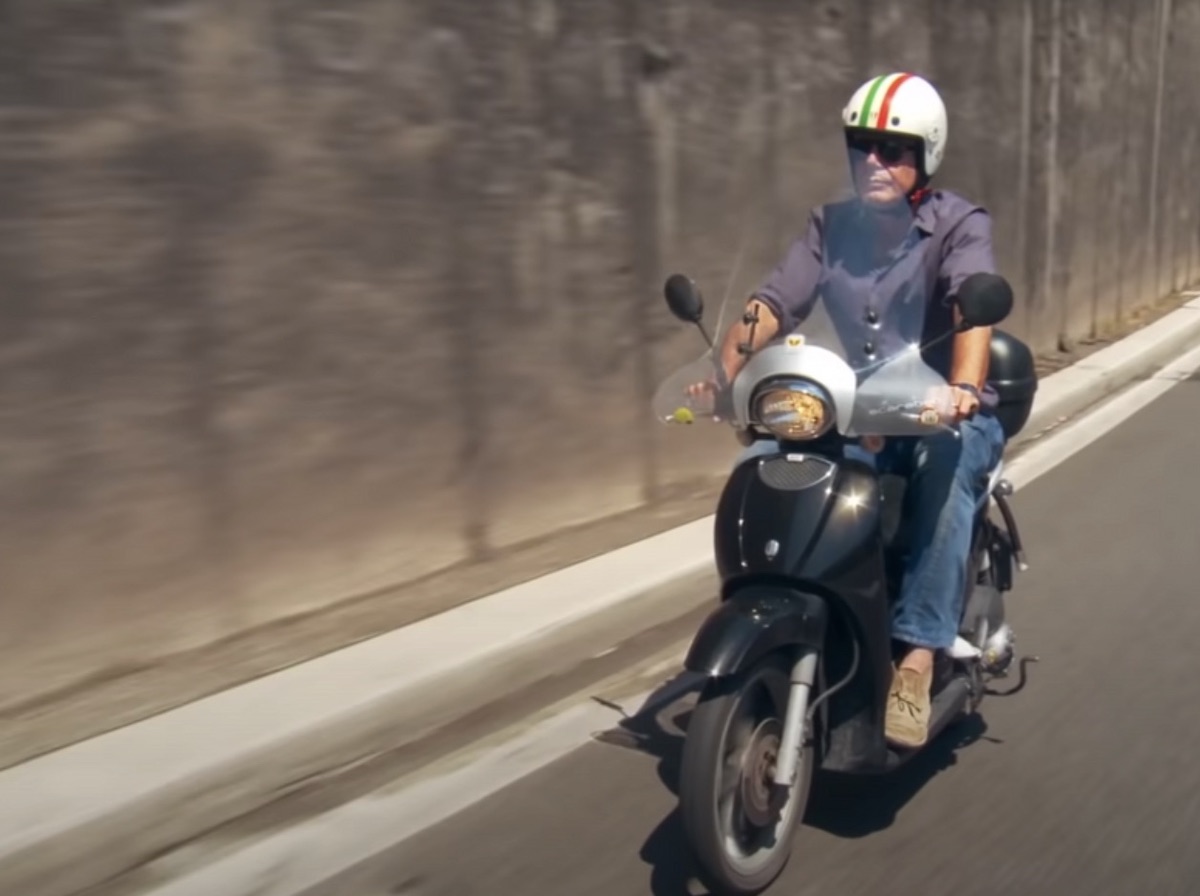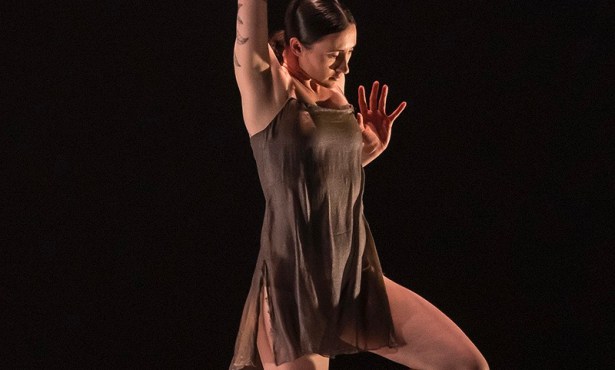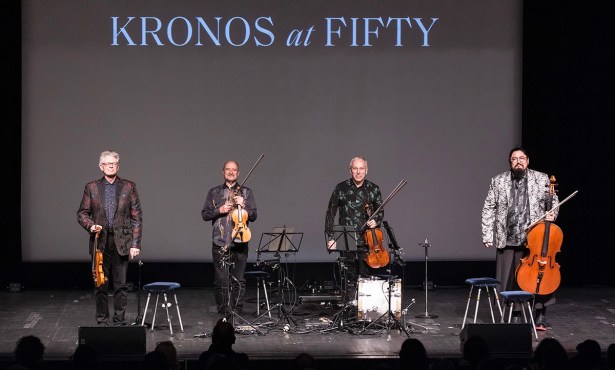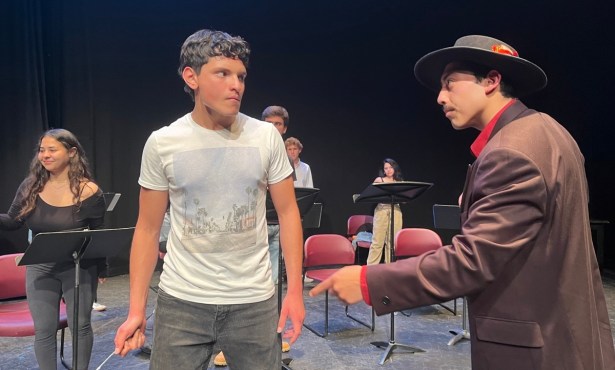SBIFF Cinema Society Returns with ‘Roadrunner: A Film About Anthony Bourdain’
Santa Barbara–Raised Director Morgan Neville’s New Documentary Takes on Challenging Story

The Cinema Society of the Santa Barbara International Film Festival made an emotional return to its home in the Riviera Theatre on Saturday, July 17, by screening Roadrunner: A Film About Anthony Bourdain. The film’s director, Morgan Neville, grew up in Santa Barbara, and he was present for an enlightening Q&A with SBIFF’s Roger Durling immediately following the film. In addition to generally positive reviews, Roadrunner has attracted additional attention, primarily on social media, from those who question the decision to use artificial intelligence to re-create Bourdain’s voice in one 45 second sequence in which it is made to seem as though he is reading aloud the text of an email that he wrote to his friend David Choe.
Bourdain has a fanatical following, so it’s no surprise that there’s been pushback on something as unprecedented as “deep fake” tech showing up in a documentary film about someone for whom there is no lack of authentic audio. Rather than summarize the positions others have taken, I’d like to politely decline the discussion altogether. Here instead are some reasons to see the film that aren’t “I love Tony” (those people have already made up their minds) and some things to talk about that aren’t those pesky 45 seconds of AI.
The film begins in the middle of Anthony Bourdain’s life, right as Kitchen Confidential hits the New York Times Best Sellers list. To Neville’s great good fortune, a friend of Bourdain’s, one Dmitri by name, felt that what was happening to him in 1999 was worth filming. Dmitiri dreamt of editing the footage into a documentary one day. Well, dreams do come true, although not often in the ways that we first imagine. Almost 20 years later, Neville acquired the footage — 60 hours of his subject in action at a crucial moment in his life that would otherwise have been, for documentary purposes, invisible.
Sign up for Indy Today to receive fresh news from Independent.com, in your inbox, every morning.
The sequences built from this archival foundation are a revelation. Young Bourdain hasn’t become a television star yet. We see him with his first wife, Nancy Putkoski, and we follow him as he develops the initial relationships that will allow him to succeed. The thrill of overnight success spills in effervescent pools around the man, leaving him grateful and perplexed.
In the next act, we meet Lydia Tenaglia and Chris Collins, the duo who produced both of Bourdain’s immensely successful television series, Anthony Bourdain: No Reservations (2005, nine seasons) and Anthony Bourdain: Parts Unknown (2013, 12 seasons). The couple bet on Bourdain before he had any television experience, and their “all-in” collaboration ended up paying off, but only after they showed extraordinary tenacity in staying with their star through a tumultuous period of growing up in public. The show’s winning formula only clicks after Bourdain insists on writing all his own voice-over scripts. This inversion of procedure leads to a period of continuous discovery, both for Bourdain and for the crew. He finds his voice as a writer in a new medium, and the team finds a way to harness the images they capture to his restless energy.
With the show on its feet, the subject deepens. The emphasis shifts from what’s on the table to what’s happening on the street. Bourdain the passionate scholar of espionage, colonialism, and global history comes to the fore. His curiosity about dangerous places serves as a fulcrum for the Roadrunner story, which moves from exploring threats on the outside to threats from within. A description Bourdain wrote while shooting in Africa, “The Congo is a place where everything is fine — until it isn’t,” foreshadows what’s to come in his life.
The ultimate answers to the many questions raised by Bourdain’s suicide in 2018 must remain elusive. Another question, “What does Morgan Neville’s film contribute to the discussion?” can and should be answered in as many ways as the documentary has viewers, and without reservations. Regardless of where you come down on Asia Argento, AI, or any of the other decisions Neville made, there’s one thing for certain: Roadrunner contributes a lot, and we would be poorer in our knowledge and appreciation of Anthony Bourdain without it.
This edition of ON Culture was originally emailed to subscribers on April 26, 2024. To receive Leslie Dinaberg’s arts newsletter in your inbox on Fridays, sign up at independent.com/newsletters.



